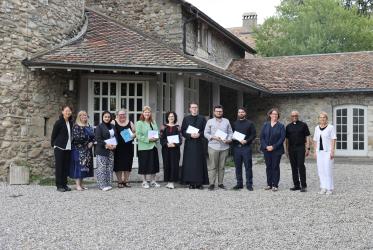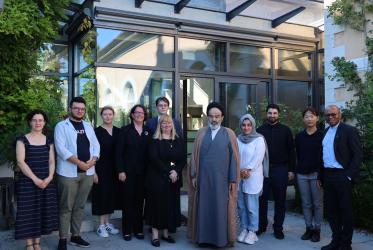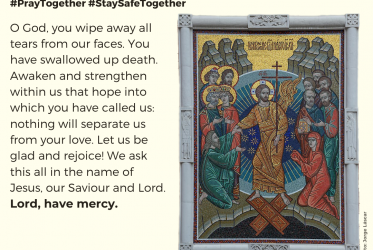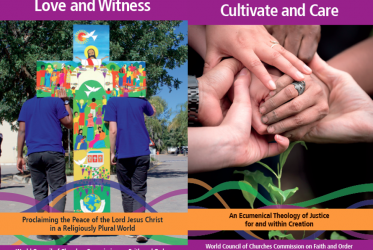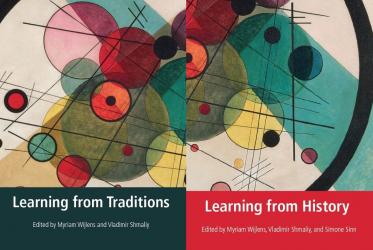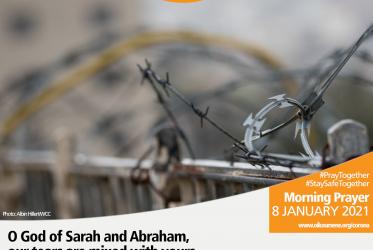Displaying 1 - 20 of 102
Pan-African Women of Faith and the Vision of Christian Unity, Mission, and Justice
01 November 2023
“This is the Day the Lord Has Made! Let us Rejoice”
06 April 2023
Morning Prayer for Tuesday, 6 April 2021
06 April 2021
Love and Witness
Proclaiming the Peace of the Lord Jesus Christ in a Religiously Plural World
18 January 2021

